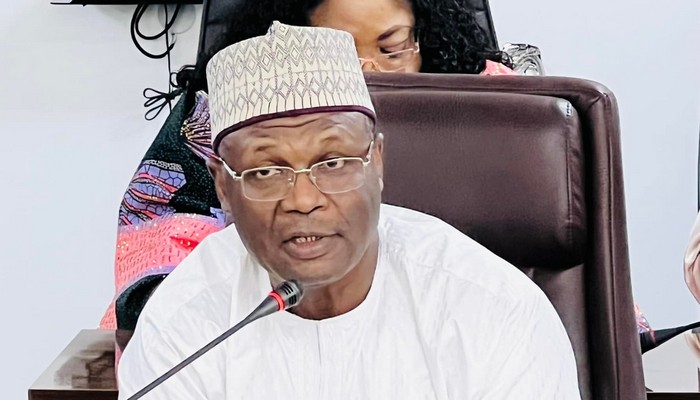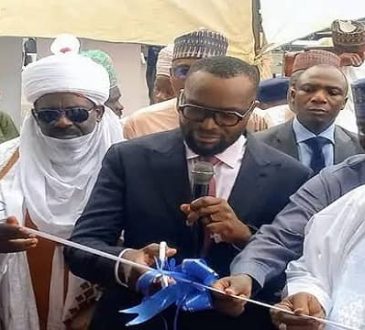CBN launches 100 for 100 PPP Initiative to support 100 companies out of forex crisis in 100 days

The Central Bank of Nigeria (CBN) has announced a new financial instrument which it says will support companies to boost local productivity, create wealth and stave off importation responsible for Nigeria’s foreign exchange crisis.
The 100 for 100 PPP initiative, explained as Policy on Production and Productivity, will empower 100 companies in 100 days, and hundreds more in the coming months, the governor of the Central Bank of Nigeria, Mr. Godwin Emefiele, announced Monday.
He said this at the official launch of the Central Bank Digital Currency at the State House in Abuja on Monday, explaining that the move is to reverse the country’s over-reliance on imports.
The bank has launched several initiatives in recent years to support Nigeria’s private sector, as it battles an importation-fuelled foreign exchange crisis that has sent the Naira crashing over 30 per cent in the last one year.
Emefiele said the new PPP initiative will be anchored in the Development Finance Department of the bank under his direct supervision.
Under this policy, he said the CBN will advertise, screen, scrutinise and financially support 100 targeted private sector companies in 100 days, beginning from 01 November 2021, and rolling over every 100 days with a new set of 100 companies, whose names will be published in National Dailies for Nigerians to verify and confirm.
“Working through banks, the financial instrument will be available to their customers in critical areas to boost the production and productivity and to immediately transform and jumpstart the productive base of the economy,” he said.
“After these 100 projects by companies in the first hundred days from November 1, we will take the next 100 companies/projects for another 100 days beginning February 1, 2022, and then another 100 companies for another 100 days beginning from May 1, 2022.”
He noted that the purpose of the instrument is to take further steps to reverse the nation’s over-reliance on imports.
“We believe that if we target and support the right companies and projects, we will see a significant, measurable and verifiable increase in local production and productivity, reduction in certain imports, increase in non-oil exports, and improvements in the FX-generating capacity of the economy.
“This, in my view, is the best and most sustainable way to address the Naira’s value – whether in hard currency or digital eNaira – through production, production and more production,” he added.






